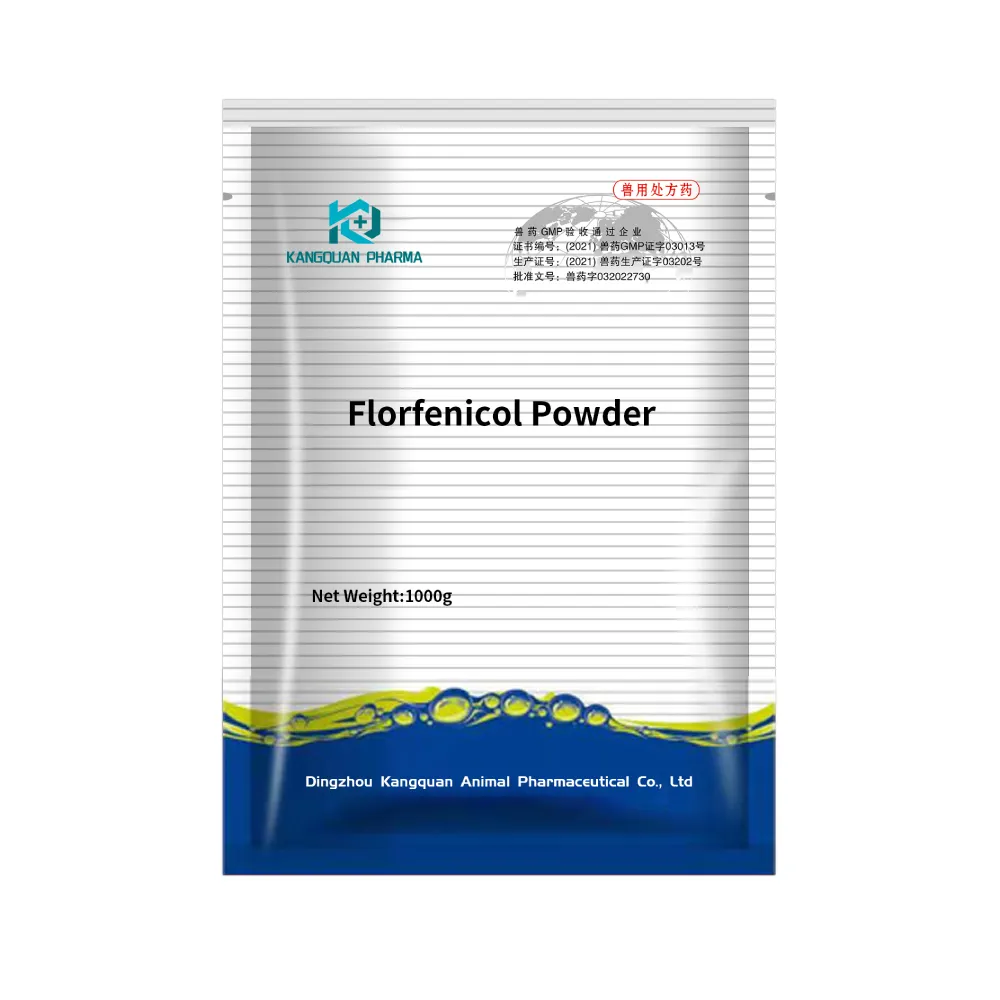- Afrikaans
- Albanian
- Amharic
- Arabic
- Armenian
- Azerbaijani
- Basque
- Belarusian
- Bengali
- Bosnian
- Bulgarian
- Catalan
- Cebuano
- Corsican
- Croatian
- Czech
- Danish
- Dutch
- English
- Esperanto
- Estonian
- Finnish
- French
- Frisian
- Galician
- Georgian
- German
- Greek
- Gujarati
- Haitian Creole
- hausa
- hawaiian
- Hebrew
- Hindi
- Miao
- Hungarian
- Icelandic
- igbo
- Indonesian
- irish
- Italian
- Japanese
- Javanese
- Kannada
- kazakh
- Khmer
- Rwandese
- Korean
- Kurdish
- Kyrgyz
- Lao
- Latin
- Latvian
- Lithuanian
- Luxembourgish
- Macedonian
- Malgashi
- Malay
- Malayalam
- Maltese
- Maori
- Marathi
- Mongolian
- Myanmar
- Nepali
- Norwegian
- Norwegian
- Occitan
- Pashto
- Persian
- Polish
- Portuguese
- Punjabi
- Romanian
- Russian
- Samoan
- Scottish Gaelic
- Serbian
- Sesotho
- Shona
- Sindhi
- Sinhala
- Slovak
- Slovenian
- Somali
- Spanish
- Sundanese
- Swahili
- Swedish
- Tagalog
- Tajik
- Tamil
- Tatar
- Telugu
- Thai
- Turkish
- Turkmen
- Ukrainian
- Urdu
- Uighur
- Uzbek
- Vietnamese
- Welsh
- Bantu
- Yiddish
- Yoruba
- Zulu
8 月 . 12, 2024 15:42 Back to list
Dosage Guidelines for Ivermectin Injection in Canines for Safe and Effective Treatment
Ivermectin Injection Dosage for Dogs A Comprehensive Guide
Ivermectin is a widely used antiparasitic medication that is effective against a variety of parasites, including mites, lice, and certain types of worms. It is often prescribed for both dogs and other animals, particularly for conditions like heartworm prevention and treatment of external and internal parasites. However, proper dosage and administration are crucial to ensure the safety and health of your pet.
Understanding Ivermectin
Ivermectin works by binding to specific channels in the nervous system of parasites, leading to paralysis and death of these organisms. This makes it an effective treatment for various parasitic infections in dogs, but it is essential to use it correctly. Overdosing can lead to serious side effects, particularly in certain dog breeds that are more sensitive to Ivermectin, such as Collies and related breeds.
Dosage Guidelines
The dosage of Ivermectin for dogs typically varies based on the specific condition being treated, the individual dog's weight, and breed considerations. For heartworm prevention, the recommended dosage is usually around 6 micrograms per kilogram of the dog's body weight. For the treatment of other parasites, the dosage may vary
- Heartworm Prevention 6-12 micrograms/kg (given monthly) - Demodectic Mange 300-600 micrograms/kg (given as an injection every week for several weeks, depending on the severity of the condition) - Other Parasitic Infections Consultation with a veterinarian is essential for specific dosages and treatment plans.
The administration route can affect the dosage as well; for injections, veterinarians will often calculate the precise amount based on the formulation and concentration of the ivermectin product.
Breed Sensitivity and Precautions
It is crucial to recognize that not all dogs tolerate Ivermectin equally
. Sensitive breeds, particularly herding breeds like the Collie, Shetland Sheepdog, and Australian Shepherd, may have a genetic mutation that makes them more susceptible to the toxic effects of Ivermectin. In these cases, even standard dosages can lead to severe neurological reactions.ivermectin injection dosage for dogs

Before administering any Ivermectin product, it is advisable to consult with a veterinarian. They can provide individual assessments based on the dog's health history, breed, and any pre-existing conditions. If a dog exhibits any adverse reactions to the drug, such as lethargy, vomiting, or tremors, it is crucial to seek veterinary care immediately.
Administration Methods
Ivermectin can be administered via injection or orally, depending on the dog's health needs and the veterinarian's recommendations. Injectable forms are often preferred for immediate effects and in cases where oral administration may not be viable.
Observing Side Effects
Pet owners should closely monitor their dogs for side effects after administering Ivermectin. Common side effects include
- Vomiting - Diarrhea - Lethargy - Tremors or seizures (in susceptible breeds)
If any of these occur, especially in a breed known to be sensitive to Ivermectin, contact a veterinarian immediately.
Conclusion
Ivermectin can be a highly effective tool in the prevention and treatment of parasitic infections in dogs when used appropriately. Proper dosage is essential to minimize the risk of side effects and maximize the drug's efficacy. Always involve your veterinarian in the decision-making process to ensure safe and effective treatment for your dog, especially if you have concerns regarding breed-specific sensitivities or potential drug interactions. By following professional advice and monitoring your pet closely, you can help keep them healthy and free from parasites.
-
The Power of Radix Isatidis Extract for Your Health and Wellness
NewsOct.29,2024
-
Neomycin Sulfate Soluble Powder: A Versatile Solution for Pet Health
NewsOct.29,2024
-
Lincomycin Hydrochloride Soluble Powder – The Essential Solution
NewsOct.29,2024
-
Garamycin Gentamicin Sulfate for Effective Infection Control
NewsOct.29,2024
-
Doxycycline Hyclate Soluble Powder: Your Antibiotic Needs
NewsOct.29,2024
-
Tilmicosin Premix: The Ultimate Solution for Poultry Health
NewsOct.29,2024













